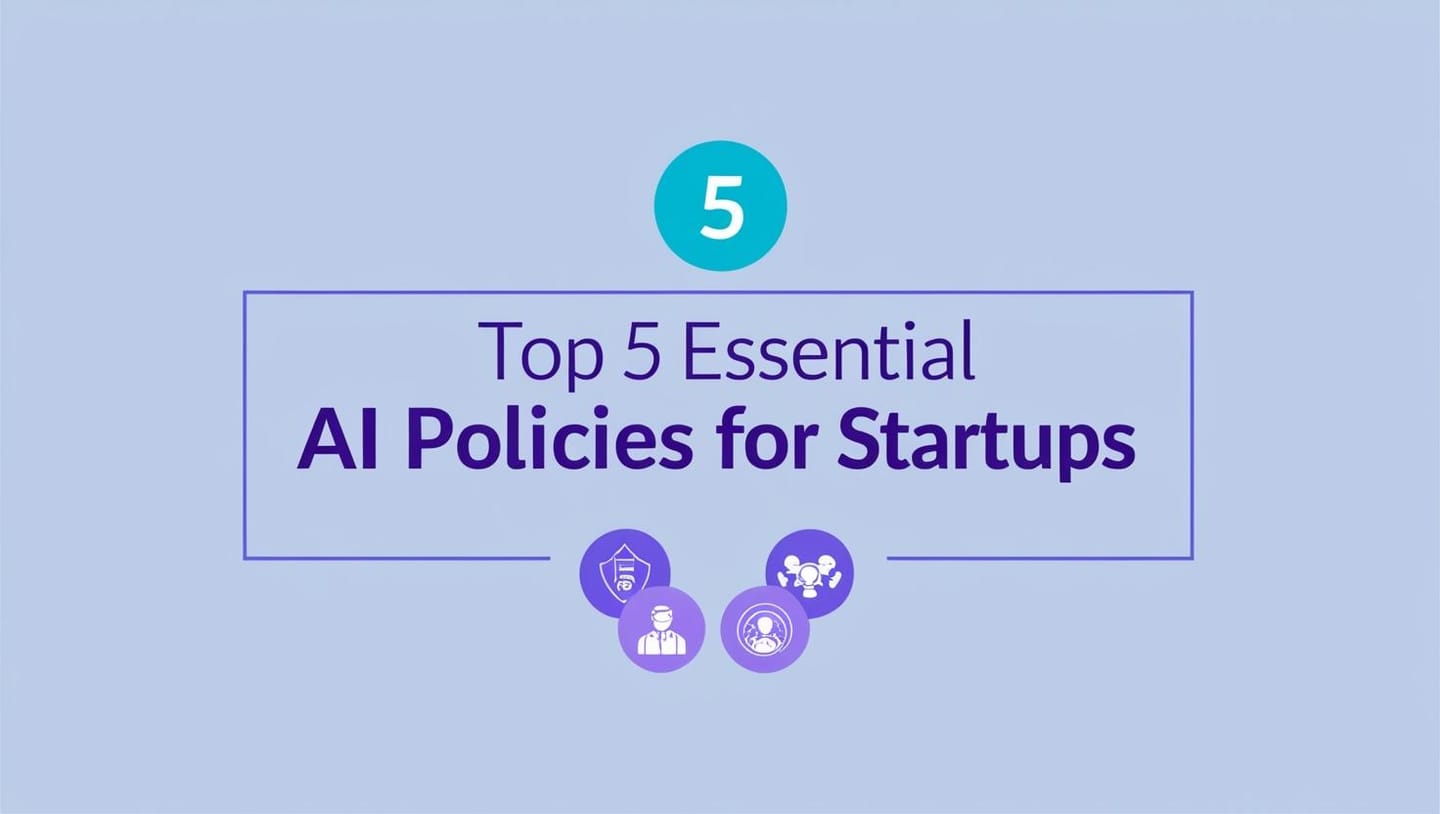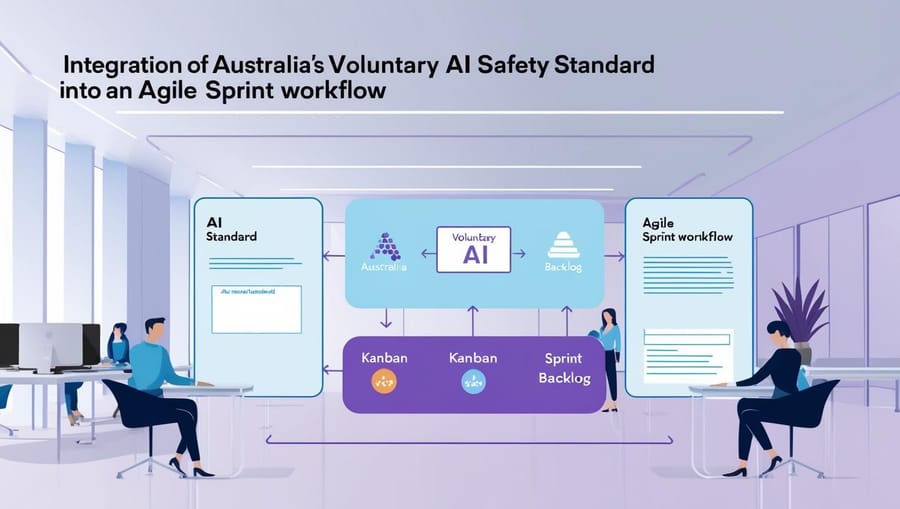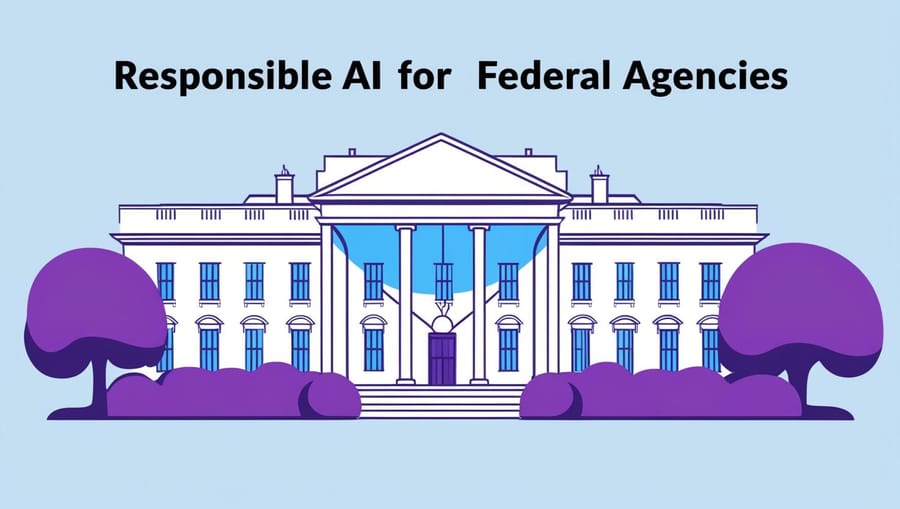“We were two signatures away from closing our first Fortune-500 customer—until their legal team asked,
‘Can you share your AI governance policies?’ My heart sank. We had great code, great demos… and zero policies.”
That was Maya, CTO of an HR-tech startup we worked with last year.
The deal didn’t die, but it stalled for six painful months while her team scrambled to draft documents they’d never even heard of two weeks earlier.
Maya’s story isn’t unique. 2025 is shaping up to be the year when AI governance jumps from nice-to-have to non-negotiable. The EU AI Act is almost law, the NIST AI Risk-Management Framework is creeping into every RFP, and VCs now ask “Show me your policy stack” as casually as they once asked for ARR.
The good news: you don’t need a 40-page playbook or a team of lawyers.
Five focused policies cover 80 % of the questions buyers, investors, and regulators are asking right now.
1. Responsible AI Use Policy
“If you don’t define the guardrails, someone else will.” — NIST AI RMF
What it is
A plain-language document that spells out why you’re using AI, where, and who’s accountable when things go sideways.
When FinTech startup LedgerLoop added a single paragraph promising human review for any automated credit decision below 620, their bank pilot went from red-lined to green-lit in 11 days.
LedgerLoop’s CEO later learned the bank’s compliance officer printed that paragraph and taped it to her wall as “the first startup who got it.”
2. Data Privacy & Security Policy
“Where did this training data come from?” is the new “What’s your churn rate?”
What it is
A map of how you collect, store, retain, and delete data—plus where your AI models touch sensitive info.
HealthTech firm PulseBio shaved $60 K off a HIPAA audit because their policy outlined data lineage down to the AWS region. The auditor wrote, “They answered questions before we asked.”
3. Model Transparency & Explainability Policy
Your model can be a black box, but your process can’t.
What it is
Rules for when, how, and to whom you explain model outputs (think SHAP plots, feature importances, or layperson summaries).
HR-tech startup HireSense added a “Why did we rank this candidate?” button powered by a one-page explanation template. Enterprise win-rate jumped 18 % in Q1.
4. Bias & Fairness Policy
Remember Maya?
Her stalled deal finally closed when her team published a two-page bias policy: metrics, sampling plan, and a quarterly re-evaluation schedule.
Key ingredients
- Define bias metrics (equal opportunity, demographic parity).
- Document mitigation steps (re-sampling, threshold shifts).
- Publish the next audit date—buyers love seeing a calendar.
5. Third-Party & Shadow AI Policy
58 % of 2024 security incidents involved unapproved AI tools (IBM X-Force).
What it is
A lightweight register of every external AI API, model, or SaaS touching your data—plus an approval workflow.
Cyber-security startup ShieldAI used a Google Sheet linked in their policy. Primitive? Sure. Effective? They passed vendor review in 48 hours.
Putting It All Together
You can draft these five policies in a few hours—not six months—if you:
- Start with templates. NIST RMF, EU AI Act Annex IV, and ISO 42001 all offer free skeletons you can borrow.
- Turbo-charge with an AI Policy Assistant. Feed in the templates and your use-case details; the Assistant turns them into tailored, startup-ready policies in minutes.
- Keep them living docs. Drop a quarterly reminder on your team calendar to review and update.
- Publish everything in a TrustCenter so buyers see your governance before they even ask.
“Policies won us trust before our first sales call,” Maya told me after her deal finally closed. “Next time, we’ll start with governance—because it’s faster than scrambling.”






